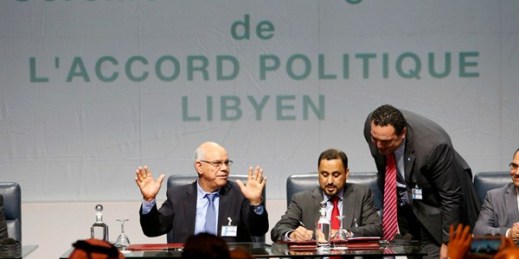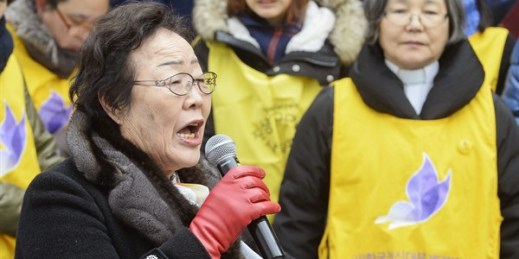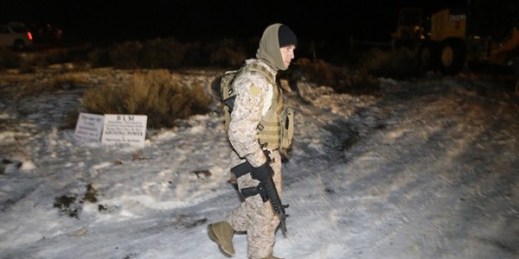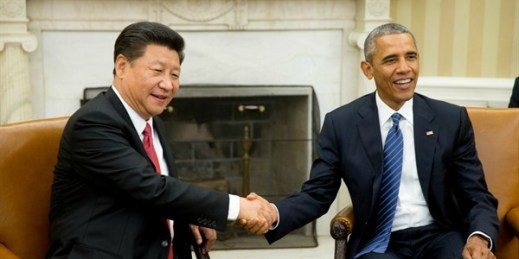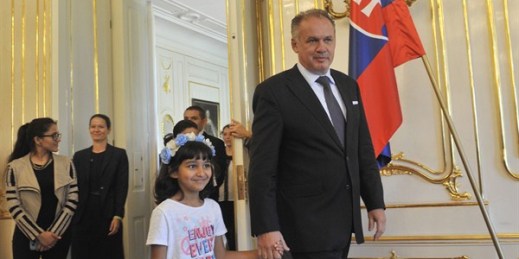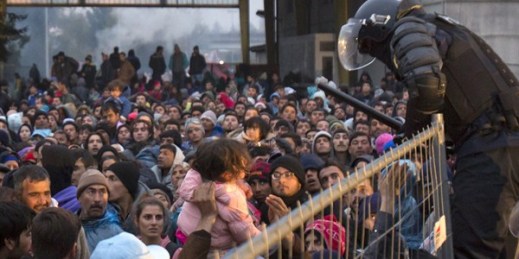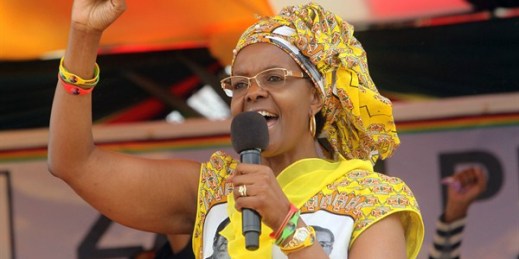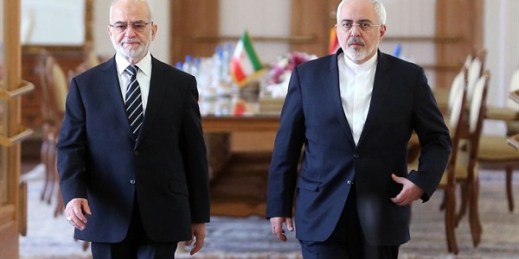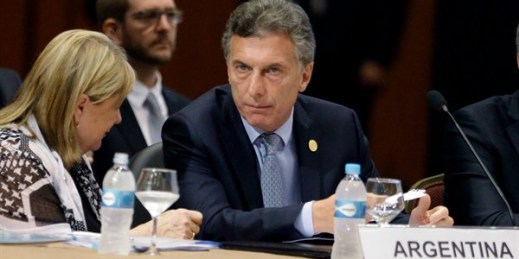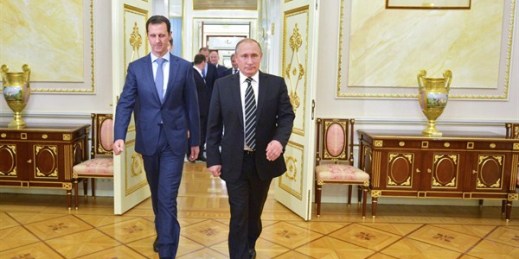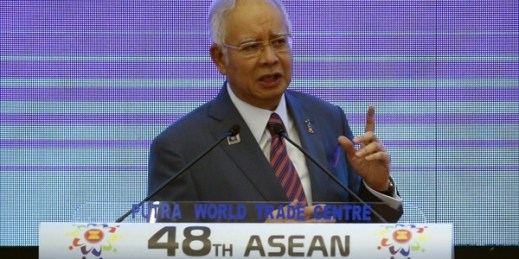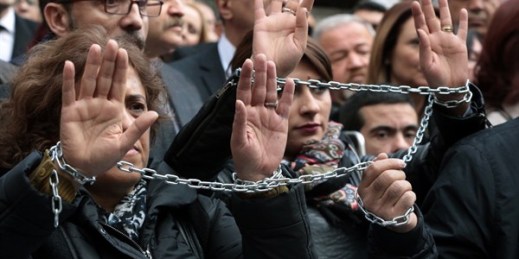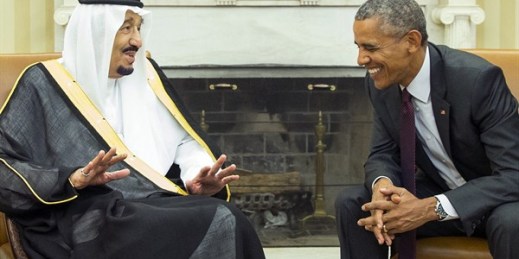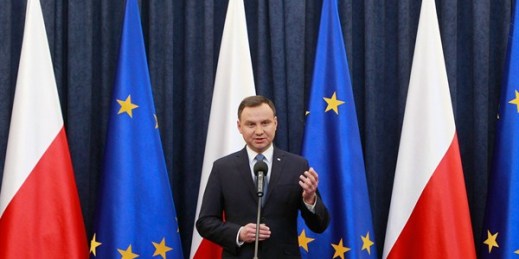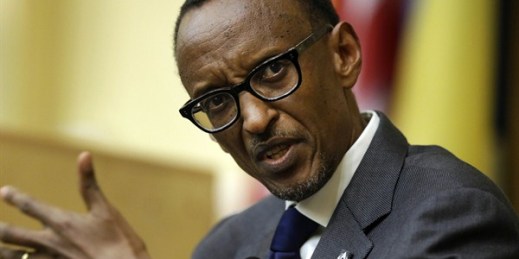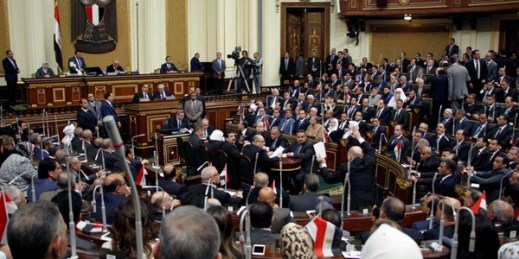
Is there a tipping point for the grim state of affairs in Egypt, where the fifth anniversary of the popular uprising that brought down former President Hosni Mubarak is less than two weeks away? On Jan. 7, supporters of the outlawed Muslim Brotherhood clashed with police outside a hotel in Giza; no one was injured, but the exchange of gunfire was another hit to Egypt’s tourism industry. It was also a rare sign of Brotherhood supporters taking to the streets, after being severely repressed over the past two and a half years. The next day, two men armed with knives […]

